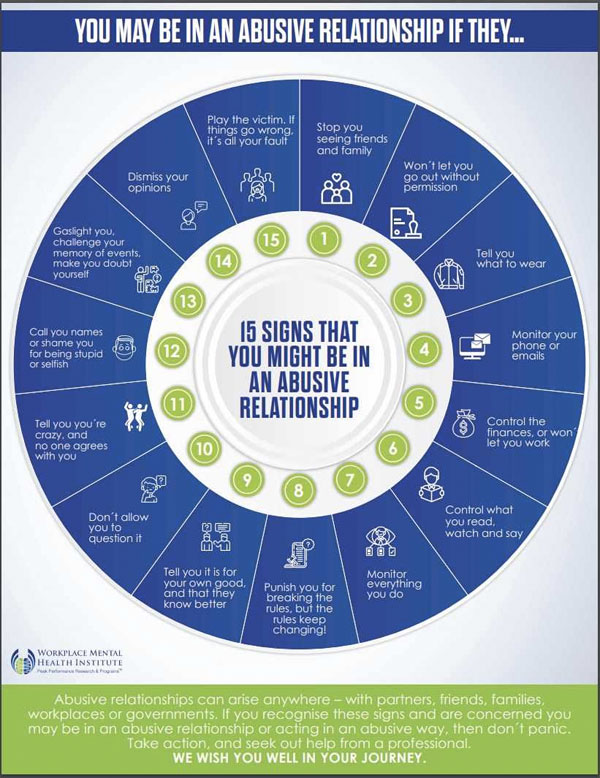Well, here we are. Happy New Year.
I thank all of you who’ve visited in recent weeks; there hasn’t been a whole lot to see here for some time now. My shoulder injury kept me off the keyboard for a while, but that’s not a problem any longer. Mainly it’s been that we have entered a new era of history here — and I’d already said most of what I had to say about the old era, and am still trying to understand what the new one will look like.
But here it is, New Year’s Day, and I can at least put down a few thoughts about what’s happened, and what I think might happen.
For starters, I’m still digesting the staggering audacity of the election heist. (If you really don’t think it was stolen, ask yourself: Can anyone seriously doubt that the other side would steal the election, if it thought it could do it and get away with it? And if the election actually had been stolen, how would would it look any different from what we’ve seen?)
The crime was done right before our eyes, as if daring us to do anything about it. A thing like that is much more than the thing itself: when power behaves this way it is, first and foremost, power’s way of chastening and humiliating you, of reminding you in the clearest possible terms that power can do what it wants. The right way to understand this rape of the recent election, then, is as the droit du seigneur, updated for our time.
The swaggering usurpation of our electoral wedding-night was followed by a suffocating blast from all media — what Curtis Yarvin, in this essay, refers to as the “Gigaphone”:
This active-denial system, the crowning achievement of 20th-century psychological warfare technology and the fundamental backbone of 21st-century democracy, is a kind of gigantic Paris-shelling railroad-gun bullhorn of pure proof by assertion.
At a certain caliber, assertion is no longer assertion. It is insistence. Increase the volume still further, and it becomes torture. The Gigaphone can indeed demonstrate the security of the election. Given arbitrary power—it can demonstrate anything.
The Gigaphone’s huge microwave dish hoses the unruly hobbit-mob with unendurable levels of red-hot contempt. With its throttle turned up to 11, the NYT’s headlines are ripped from the Rodong Sinmun, cat-lady middle-school teachers reading the New Yorker expect Waffen-SS paratroops to crash through their skylights, and the nation’s airports resound from lounge to lounge with the subtle sounds of TV Mille Collines. (All this is completely decentralized, of course. No one orders it—it just happens.)
The hobbit is simply embarrassed into compliance by his elven betters. The ideas he believes become a dangerous mental disease. This diagnosis is written into history. The sooner he gives up this nonsense, the better. To help convince him, we’ll make this idea quasi-illegal. The sooner he gives it up, the less his life will suffer. Eventually he can be fired for staying an idiot. Everyone will agree that he deserved it.
Some still hope that Trump will pull the rabbit out of the hat between now and Inauguration Day; that he will say the secret word and his armies of patriots will swing into action to secure the battle-theatre while an arcane Constitutional process plays out in Congress. I suppose that could happen, in some possible world, but I don’t think it will happen in this one. Sure, there will be rallies and demonstrations — a big one is planned for Wednesday in Washington — but I think it likely, I’m sad to say, that the legal efforts will fizzle, the Gigaphone will blare, and the moment will pass.
I do think the stolen election will create a deepening realization that things have changed; that the game as we have played it all our lives is over. Many will secede in their hearts, and will try to carry the American idea forward more locally — but it will be very difficult, will require a sustained effort and level of organization that we are now unaccustomed to, and many millions will just settle deeper into buglife.
As for COVID: I do not think that we will pull out of this pandemic. It’s too useful, and it has already conditioned us to live differently, and to choose safety and isolation over vigorous, authentic existence. All of our experiences are now curated, mediated, and delivered remotely. That’s a huge, sudden change that has enormous consequences, and opens many possibilities for those in power. While the vaccines may mitigate the problem, I expect that the effect will turn out not to be nearly as decisive as hoped: coverage will be gappy, new strains will appear, new flareups will happen whenever we loosen things up, and our year of training in self-isolation and timidity will tend to keep our new regime of restrictions on travel and assembly quite firmly in place. We’ll chafe a bit, but little by little we’re getting used to it all, and bit by bit we’ll forget what it was like to live and move more freely. (After all, what’s more important than staying safe?)
With the corruption of our institutions and descent into oligarchy now plainly in view, the cleverer and more resourceful among us will find ways to live well among the crumbling structures of the West. The rest will become, in their penurious isolation, increasingly dependent upon government largesse, like a great and docile mass of yeast: subsisting on Netflix, pornography, and soma. Rising all around them will be a sophisticated panopticon to monitor their homes and communications. (You getting all this, Alexa?)
There will almost certainly be some sort of “black swan” to dominate the news this year, but it is of course in the nature of black swans that you don’t know what they’ll be in advance, so I’ll say no more about that.
But — and this is important! — many of us will begin to think in new ways, because it will be completely obvious — we will know, at last, in our guts — that the old order of the Republic is dead. That means that there will be great opportunities for bold and daring people.
In short, then: “interesting times”. One has the sense that history is balanced on the edge of a knife. I’m reminded of Woody Allen’s words from long ago:
More than any time in history, mankind faces a crossroads. One path leads to despair and utter hopelessness, the other to total extinction. Let us pray that we have the wisdom to choose correctly.
I won’t close with that, of course. While I admit this post has been a grim summary of what are, to be sure, somber times, there is never any reason to despair. (As chessplayers like to say, “nobody ever won a game by resigning”.) All of us who are lucky enough to be alive here and now have many, many blessings, and though of course there’s a struggle ahead, and much uncertainty, there’s no reason not to be thankful, determined, and even cheerful.
But if we are ever to find our way back to sunny uplands, we need to think hard, and frankly, about where we are, how on earth we got here, and where, exactly, we want to go. We need to understand what to hold on to — and why! — and what to let go. That’s what I hope to do here, with your help, going forward.


